Catching up with singing legend Glenn Shorrock at his family house in Elizabeth East
FROM The Twilights to Little River Band, Glenn Shorrock is one of our best-known singers. It all started in a little house in Elizabeth East that his dad built. We took him back for a morning of reminiscing.
IT’S a modest little house on a modest street in Elizabeth East, with nothing much to separate it from the other houses in this working-class suburb.
But to the Shorrocks — parents Harry and Joyce, daughter Lynda and son Glenn — it was home, a place where a family from the other side of the world could start a new life far from the bombed-out cities and towns of England.
Harry built the bungalow with his bare hands, literally, arriving at the block before his afternoon shifts at the Holden factory to pour concrete into moulds to make the besser blocks. The canny Yorkshireman would call in electricians and plumbers for as long as it took for him to learn what they were doing, then he’d let them go.
It’d never fly in these days of workplace safety and building regulations, but it’s what you did back then — you rolled up your sleeves and you did what you had to do for your family.
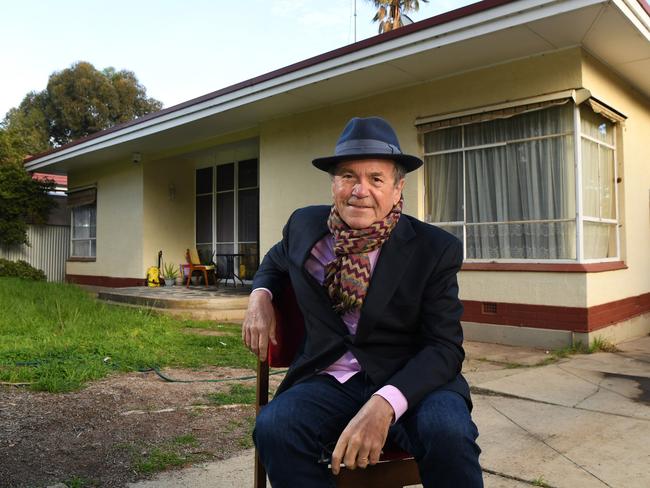
When Glenn — one of the country’s best-known singers, the voice of The Twilights, Axiom and, of course, the internationally successful Little River Band — returned to his teenage home this week with his mum, sister and wife Jo, he only wanted to know one thing … did the windows still work?
It turns out Harry, in a minor feat of engineering genius, designed sliding windows where the flyscreens retracted into the wall cavities when the windows were closed. A little touch of Harry Shorrock that lives on 60 years later.
“Yep, they still work,” Glenn says, sliding the windows back and forward. “Dad designed that, no other house has that.”
The Shorrocks were Ten Pound Poms, one of the thousands of families who emigrated to Australia after World War II.
The people of Britain were, after six years of fighting, worn out and ready for a change. “We had been bombed out a couple of times, had the roof off our house,” recalls Joyce, who turned 98 this week.
“I was a baby in the bottom drawer of the dresser — that’s where Mum used to put me to keep me safe,” Glenn says.
“I don’t remember any of the actual violence, but growing up on the outskirts of Rochester (Kent) as a boy, I could see all the remnants of the war.”
Glenn remembers his parents poring over brochures — Canada, New Zealand and Australia — each one promising a paradise for British immigrants.
“We left for Australia in 1954, and it was the best thing we ever did,” Glenn says. “Although it wasn’t the best thing for Mum originally.
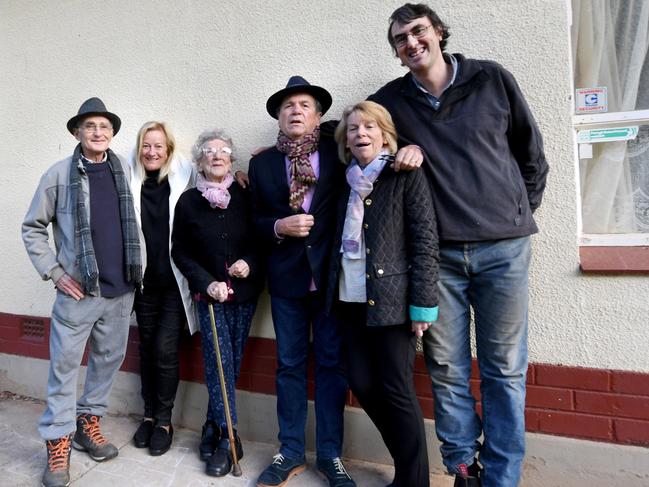
“The Finsbury Hostel in those days was a bit like a Stalag prison camp. It was 108 degrees Fahrenheit (42C)!”
Joyce found the scorching temperatures and accompanying bushfires in the Adelaide Hills so jarring that she became chronically homesick for England.
Harry agreed that she and the children should return to the UK and that he would follow after his assisted passage was refunded.
However, Harry never did return home but he managed to convince Joyce to come back and give Australia one more shot.
Back on the boat they got (in something of a hurry because young Glenn was almost 12, meaning he’d soon be charged a full adult fare for his passage) and back they sailed.
Things were a little better this time around, and the accommodation — at Elder Park, on the banks of the River Torrens — was certainly an improvement on Finsbury.
It was at this hostel that young Glenn heard a sound that was to change the very course of his life.
“That’s where I first heard Elvis Presley’s Heartbreak Hotel on the radio,” Glenn says. “We were in sort of cubicles, a bit like a boarding house, and I heard the ABC announcer say (imitating a posh voice), ‘That was Heartbreak Hotel by Elvis Presley. Now, it’s back to Frank Chacksfield and his Orchestra’.
“I had to find out what this newfangled sound was! It sounded dangerous to me, sexy. It didn’t sound like anything else.
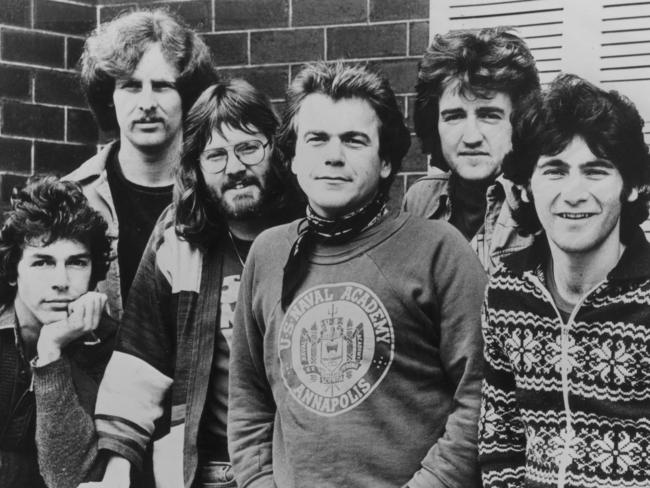
“I mean, now it sounds like an innocuous little tune, compared to what’s been around over the years, but back then it grabbed me.
“I searched out rock ‘n’ roll to find out what this new music was all about. Dad didn’t like that too much, but never mind.”
Harry himself was, according to all who knew him, quite the singer, a tenor with real chops. He may have even been better than his boy.
“Oh, Harry was a great singer, he had a better voice than Glenn,” Joyce says, a twinkle in her eye.
“That’s true, in my younger days,” Glenn agrees. “I think I’d have a go at him now.”
Harry may have been a great singer but it was working that filled his days.
And nights.
“Harry worked here every day from the very early morning until his afternoon shift at Holdens,” Joyce says.
“He worked there until 12 o’clock at night, then got up early to work on the house again. He worked very hard. He didn’t get a lot of sleep.”
There wasn’t a whole lot at Elizabeth East back then but to the newly music-obsessed Glenn, it was pretty much a paradise.
“That’s all we had in those days — rock ’n’ roll records and this wonderful area that we have in front of us now,” Glenn says, looking out from the front garden. “We’d wander right over the top of these hills for miles and miles.”
Joyce says: “We used to get mushrooms up there.” “We did,” Glenn says, “and later on we got other mushrooms, but that was a different story.”
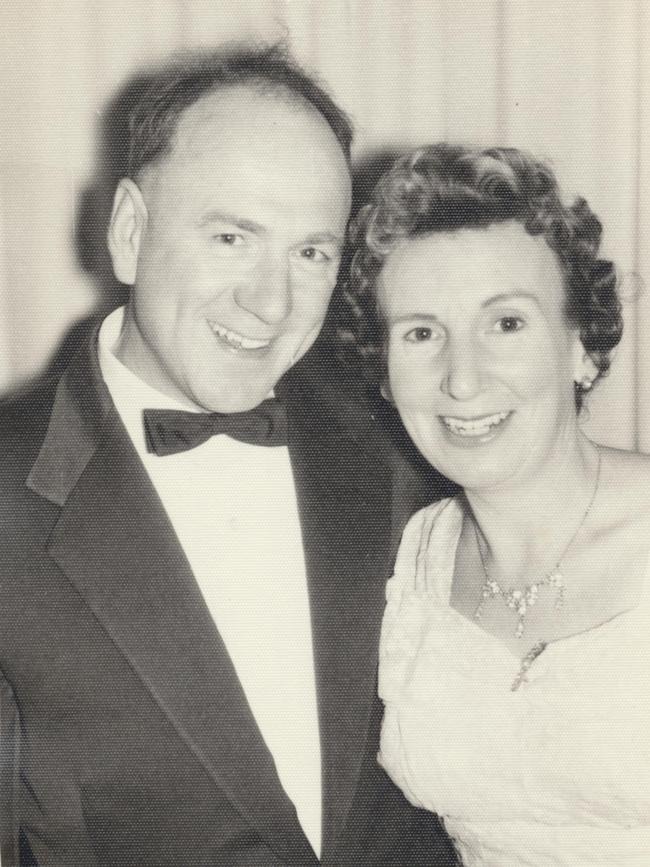
The rock ’n’ roll records that inspired the young Glenn were pouring in on the migrant ships, ships that were unloading kids from London, Liverpool and Manchester armed with not only the latest music but also the coolest haircuts and fashions.
Famously, the Elizabeth region lays claim not only to Glenn but also to Jimmy Barnes and brother John Swan, and Doc Neeson from The Angels, among others.
“There was Doug Ashdown; he was the first guy I met with an electric guitar, the Tarney brothers, Terry Britten, who was from Para Hills … there’s something in the water here,” Glenn says.
Of course, The Beatles’ records were also on those boats, and it was that music that really inspired Glenn and his new band, The Twilights, one of the most influential acts in the early history of Australian rock. “We copied them (The Beatles) religiously but then gradually began doing our own songs because The Beatles did their own songs,” Glenn recalls.
“That was unheard of back in those days. You got your material from old folk songs, music-hall songs, or the Brill Building in America, where people like Neil Diamond were writing.”
After huge success in Australia, the band decided to have a crack at London, but things didn’t pan out quite as expected. The harsh winters, made worse by their damp Earls Court basement flat, saw everyone getting sick and wondering why they’d ever left Australia.
Blown away by the quality of English bands, and struggling to find good gigs, they came home.
“We should have stayed, but we didn’t,” Glenn says.
“We gave up a spot on (TV’s) Top of the Pops, which was THE program to get on.
“Had we stayed, I don’t know what would have happened … but hey, nice things happened to me anyway in later years.”
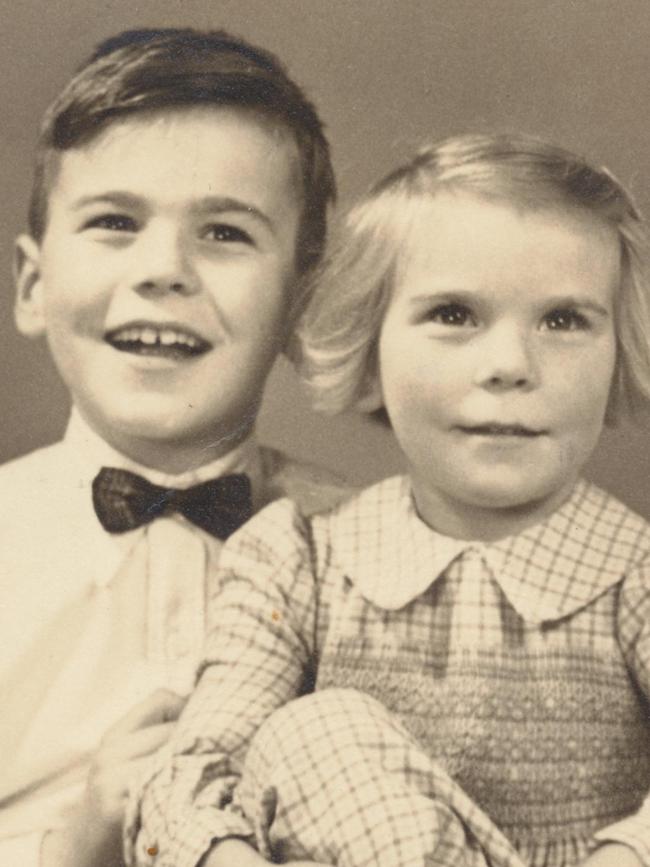
Indeed the rest, as they say, is history. Glenn went on to form one of the first “supergroups” with Brian Cadd in Axiom before forming the Little River Band, the outfit that would achieve that most elusive of goals — success in America.
“Glenn Wheatley came along with (Beeb) Birtles and (Graeham) Goble, and the remnants of Mississippi, and we decided to have a crack at the American market … from Melbourne!” Glenn says.
“That’s the unique part of Little River Band’s success — we wrote and produced music in Australia and sold it around the world, and now everybody does it. We’re proud of that.”
So of all the hit songs that Glenn wrote — Cool Change, Help Is On Its Way, Emma — does Joyce have a favourite?
“I suppose Little Ray of Sunshine would be my favourite, and the favourite of a lot of people my age,” Joyce says. “I didn’t write that one!” Glenn interjects. “No, I know, but I still like it.”
It’s a classic mum moment.
The neighbours float over to say g’day — Andrew Thompson from one side, Sam Steel from the other.
Andrew must be 198cm tall, but to the Shorrock family he’s still “Little Andrew”, the boy who dressed as Santa every year and visited on Christmas Day.
Andrew claims he learnt to swear from listening to Harry working in the shed.
Sam built his house in 1967, and spent much of his life living next door to the Shorrocks.
As they stand in the front yard catching up, it’s like a little window has opened on the Sixties.

